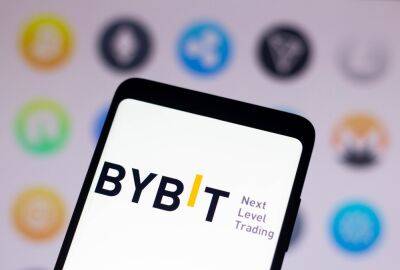Blockchain DEXs Onchain and Camelot part ways over IFO spat
In a dispute that originated Feb. 22, decentralized exchanges (DEXs) Onchain Trade and Camelot terminated an agreement for the former's initial fair offering (IFO), with both firms alleging that the opposing counterparty acted in bad faith. An IFO, whilst still an emerging concept, typically involves promises made by developers consisting of no venture capitalist involvement, no whitelist, no presale, and vast majority of income going to token holders, on top of a traditional initial coin offering.
As told by Onchain, developers began negotiations with Camelot for an IFO, for which the latter charged a fee of 2%, and both parties agreed upon the amount. In addition, Camelot required that Onchain exclusively sell tokens on its platform, to which Onchain also agreed. However, at this point, Onchain alleged that Camelot became "more demanding and trying to start another round of bargain; we started feeling uncomfortable working with Camelot and decided to terminate deal with them altogether."
In a follow-up Chinese language tweet, Onchain, which stated its core developers "come from China," explained that the root cause of the disagreement was the "no-limit" token sale allegedly demanded by Camelot. "There are many opportunities in the bear market; retail investors simply don't have the risk management and valuation capabilities to assess projects," Onchain developers wrote.
In response, Camelot said that Onchain's statements were "false allegations." According to Camelot's version of the story, its IFO sales model "was never mentioned as being an issue from their team [OnChain]."
Regarding exclusivity, Camelot explained that "doing a multiple IDO [IFO] model isn't feasible, and the same was clearly communicated, and on
Read more on cointelegraph.com


















